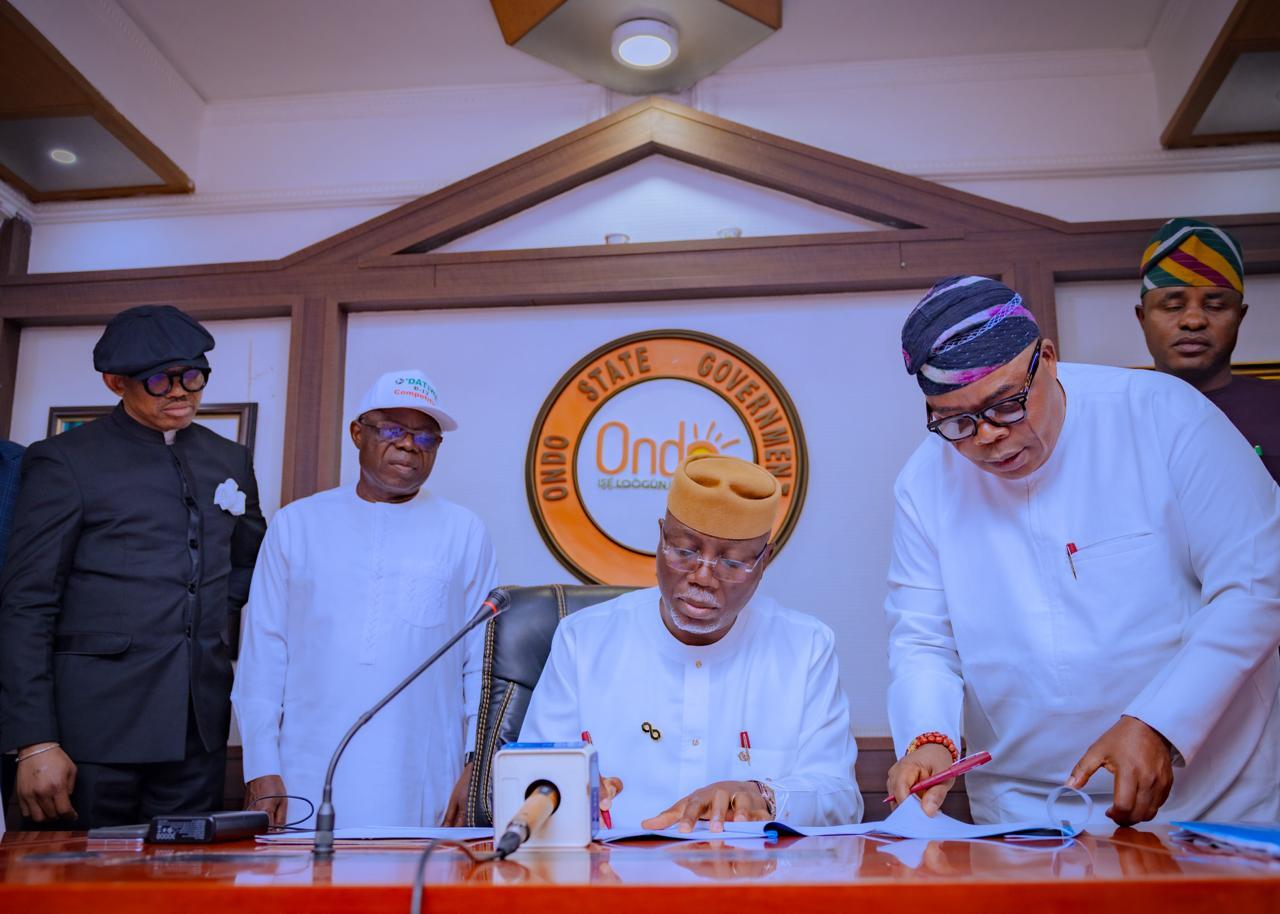The General Assembly of ActionAid Nigeria has raised concerns over the worsening state of the nation despite two years of the “Renewed Hope Agenda” of the current administration.
They noted issues ranging from economic instability, rising hunger, inequality and inflation, growing insecurity in the North Central Zone that has driven up food prices, and continuous borrowing that risks pushing the nation’s debt to unsustainable levels.
The Convener of the General Assembly, Dr. Steve Onya, during a press conference at the weekend in Abuja, noted that despite the declaration of emergency in food security, there has been no significant change in plans, budgets, or actions within the sector that would meaningfully change the situation.
In the education sector, the assembly raised concern over the technical failures and safety concerns that continue to undermine students’ futures, with the failures of JAMB and WAEC exposing the fragility of institutions. They similarly decried the state of the public health system that has remained under strain.
They further raised concern over President Bola Tinubu’s choice to mark his two years in office with a London press briefing amidst nationwide protest, thereby showing an administration increasingly detached from the suffering at home, saying as Nigeria marked 26 years of democracy, the fanfare felt hollow as what remains is democracy in name, eroding in practice, with citizens bearing the brunt in lost lives, livelihoods, and dignity.
Following the review, they called on the federal government to urgently reform the national security architecture to end widespread violence, including herder attacks, military airstrikes on civilians, and the suppression of protests.
The assembly also called on the federal and state governments to put an immediate stop to reckless borrowing and prioritise sustainable revenue generation at the local level, saying, “Transparency is non-negotiable; regular debt audits and public disclosures must be institutionalised. Civil society must intensify its role in holding governments accountable through vigilant debt tracking and public advocacy.”
They harped that the federal and state governments have a duty to urgently invest in climate adaptation infrastructure, strictly enforce safety regulations, and act decisively on early warnings from NiMet, and also called on civil society to intensify efforts to hold them accountable, including through legal action when preventable disasters occur.
They tasked Niger, Plateau, and Benue states to publicly disclose all financial and material donations received for flood and crisis response, with full transparency on how these resources are utilised, to ensure affected families receive the relief they deserve.
They called on the federal government, Plateau, and Benue State governments to immediately declare a security emergency, deploy a coordinated, civilian-sensitive security strategy to stop the persistent killings, and ensure the full protection of farming communities and herders.
They urged the federal and state governments to urgently scale up targeted food and livelihood support in conflict-prone and food-insecure regions like the North Central and North-East, which should include food aid, cash transfers, farm input subsidies, and support for women-led cooperatives, adding that efforts must be community-driven, transparent, and free from political interference.
They also recommended that “The Federal and State Ministries of Health must be compelled to invest in resilient public health systems, local vaccine production, nationwide immunisation coverage, and grassroots disease prevention strategies. Nigeria must stop relying primarily on donor support and annual fatality reports.”
“The federal government must ensure night-time exams do not repeat themselves, address UTME result irregularities, and reform public examination bodies through independent oversight. Nigeria was the only country in West Africa that subjected students to unsafe night exams.”
They called on the federal government to publish the full cost, scope, and schedule of the $1.5 billion Port Harcourt refinery overhaul and explain why it was recommissioned in November 2024, only to be shut down about six months later for “planned maintenance,” saying this contradiction raises concerns about incompetence, mismanagement, and lack of transparency.
“NNPCL must be held to account for every dollar spent. The public deserves clarity, not press statements riddled with technical excuses,” they stated.
The assembly also called on the federal and state governments to implement full fiscal autonomy for local governments, ensure transparent and timely disbursement of monthly allocations, and create citizen-led tools to track how LGA funds are utilised for community development.
They called on the Nigerian military to urgently reform its engagement protocols to meet international humanitarian standards, investigate all civilian casualties, and publicly sanction those responsible.
They further demanded that President Tinubu direct the prompt, complete, and unedited release of the Niger Delta Development Commission (NDDC) forensic audit to uphold transparency and restore public trust.
They called on the federal government to implement the new tax reforms in a way that protects the poor and promotes fairness. These reforms must enable progressive taxation and hold the wealthy accountable, not shift the burden onto those already struggling.






